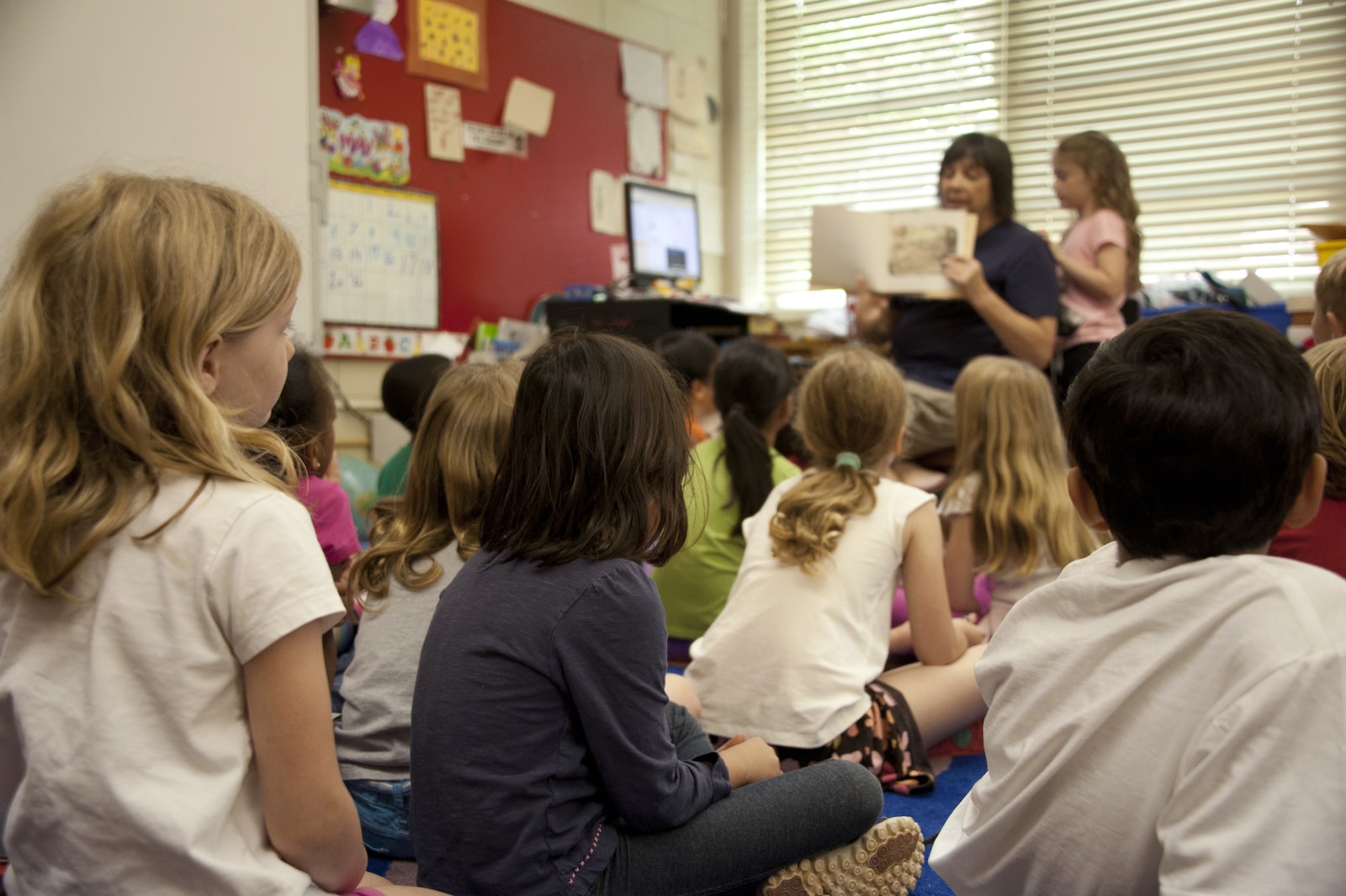Education is the process of acquiring knowledge, skills, values, and attitudes through structured learning experiences. It is a fundamental aspect of human development and is vital for personal growth, social progress, and economic prosperity.
Education takes place in various settings, such as schools, colleges, universities, and even informal environments like homes and communities. It encompasses both formal education, which follows a structured curriculum and leads to recognized qualifications, and informal education, which involves learning through daily life experiences, interactions, and self-directed activities.
The goals of education are multifaceted. Firstly, it aims to impart essential knowledge and develop critical thinking skills in subjects like mathematics, science, language arts, social studies, and the humanities. This knowledge equips individuals with a foundation to understand the world, make informed decisions, and participate effectively in society.
Additionally, education promotes the development of various skills, including problem-solving, communication, collaboration, creativity, and adaptability. These skills are crucial for success in the 21st-century workplace, where technological advancements and global interconnectedness require individuals to be versatile and agile.
Education also plays a vital role in fostering social and emotional development. It promotes empathy, emotional intelligence, ethics, and values, facilitating positive interpersonal relationships and responsible citizenship. It helps individuals understand diverse perspectives, appreciate cultural differences, and contribute to social cohesion.
Furthermore, education empowers individuals by fostering personal growth and self-discovery. It encourages lifelong learning, intellectual curiosity, and a love for knowledge. It enables individuals to explore their interests, talents, and passions, leading to personal fulfillment and a sense of purpose.
Moreover, education serves as a tool for social mobility, enabling individuals to overcome socioeconomic barriers and improve their life opportunities. It helps reduce inequality by providing equal access to quality education for all, regardless of their background or circumstances.
To be effective, education requires skilled and dedicated educators who can create engaging learning environments, tailor instruction to individual needs, and provide guidance and support. It also relies on quality curriculum, resources, and infrastructure that promote active learning, critical thinking, and creativity.
In conclusion, education is a holistic and transformative process that equips individuals with knowledge, skills, values, and attitudes necessary for personal growth, societal participation, and success in a rapidly changing world.
It empowers individuals, fosters social cohesion, promotes economic prosperity, and contributes to the overall development and well-being of societies.




